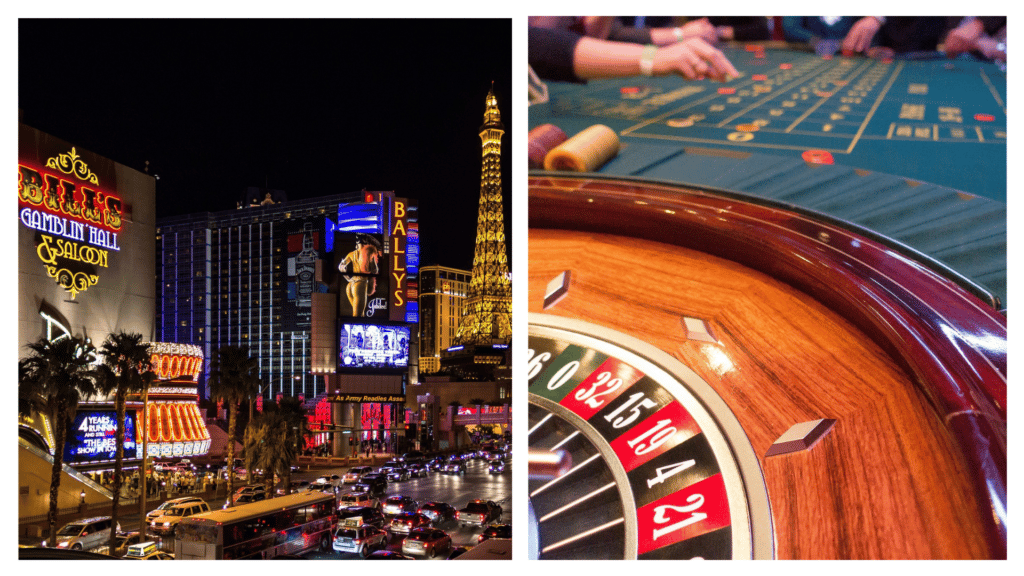
Casino games have long enthralled players from all walks of life, enticing them into vibrant casinos filled with the noises of spinning wheels, clattering chips, and cheering crowds. The thrill of chance and the allure of potential winnings create an exhilarating atmosphere that keeps gamblers coming for more. Whether it is the excitement of a slot machine, the strategic play of poker, or the anticipation of a roulette wheel, casino games offer a distinct combination of fun and risk that can be hard to ignore.
At the heart of this fascination lies a psychological pull that varies from person to person. For some, the excitement of hitting a jackpot can elevate their mood, while for many, it’s a social experience that brings friends together. The colorful visuals, engaging sounds, and sometimes lavish environments of casinos further enhance the appeal, making each visit an experience waiting to unfold. As we explore why gamblers are drawn to these games, we uncover the deeper motivations and emotions that fuel their passion for the betting tables.
The Psychology of Gambling
The attraction of casino games frequently arises from the nuanced psychology of gambling as a whole. Many people find appealing the thrill of risking money for the opportunity of winning more, as it speaks to a deep-seated human desire for excitement and gain. This high can create a powerful emotional experience. The mix of risk and potential monetary gain can trigger a dopamine surge, making players feel exhilarated.
Furthermore, the design of casino games is crafted to maintain players involved. The use of bright lights, enthralling sounds, and the communal environment of casinos can heighten the excitement. Players frequently find themselves engulfed in these settings, where the anticipation of a win keeps them coming back for more. This sensory engagement encourages prolonged play, as the rapid feedback from wins, however small, reinforces the desire to gamble more.
Finally, cognitive biases play a crucial role in gambling behavior. Many gamblers fall prey to the belief in control, believing they can influence outcomes even in games of chance. This belief can lead to overoptimism and the continuation of play, despite accumulating losses. Additionally, gamblers frequently remember their wins better than their losses, which can alter their understanding and fuel the desire to continue gambling. This complex interplay between emotions and cognitive factors helps clarify why so many are pulled towards casino games.
A Allure of Gambling Environments
The environment of a gambling establishment is distinctively enthralling, drawing in gamblers with its combination of thrill and eagerness. The visuals and sounds of spinning gaming machines, enthusiastic gamblers, and the steady jingling of cash create an engaging experience that is challenging to resist. The bright neon signs and dynamic layout foster a atmosphere of vitality that keeps visitors invested and motivates them to remain more time. This contagious atmosphere contributes to the overall appeal of gaming experiences, enticing both new and seasoned bettors alike.
Moreover, casinos are engineered to engage the sensory experience in a fashion that makes gamblers feel as though they are setting out on a fantastic expedition. The purposeful placement of entertainment choices, cozy areas, and free refreshments enhance the overall attraction, making gamblers feel appreciated and pampered. Many casinos also feature themed furnishings and elaborate themes that transport visitors to diverse dimensions, amplifying the thrill. Such environments foster a feeling of escapism, allowing players to ignore their normal routines and plunge into the thrilling world of chance.
Finally, the presence of additional players amplifies the social aspect of gambling, creating a collective thrill. Engagements among players, whether through playful chitchat or shared excitement during a big win, cultivate a sense of togetherness that many find attractive. This interpersonal engagement enhances the journey of enjoying gambling games, transforming it from a single activity into a joint experience. The combination of thrill, immersive atmospheres, and interpersonal ties makes gambling establishments an irresistible place for gamblers desiring fun and a possibility to profit.
Grasping Gambling Mechanics
Casino games are designed with unique mechanics that draw in players. Each game has its own set of rules, betting structures, and probability ratios, allowing players to engage with the game on various levels. The thrill of placing a bet and the anticipation of the outcome creates an thrilling atmosphere. migliori casino non AAMS Understanding these mechanics can enhance a player’s appreciation for the game and improve their overall experience.
Another crucial aspect of game mechanics is the principle of randomness. Many casino games, especially slot machines and table games, rely on random number generators or shuffling to determine outcomes. This randomness is what keeps players returning; the unpredictable nature of the game creates a sense of anticipation and excitement. Knowing that each play or turn is independent of the last adds to the appeal, as players feel they have a chance at winning, regardless of past outcomes.
Finally, the emotional response related to game mechanics should not be underestimated. The excitement of a major payout or the tension during critical moments are essential to the enjoyment of casino games. Such emotional highs and lows utilize psychological triggers that keep players engaged for longer periods. Grasping these emotional responses to game mechanics can help explain why players are attracted to the thrill of casino games, persistently seeking that following exhilarating moment.
